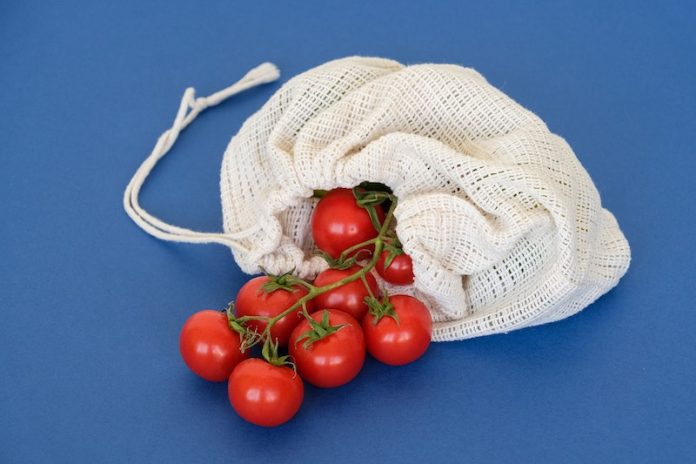
In the health chronicles of men, prostate cancer plays a notably evocative chapter. It not only leads men through a personal path of resilience but also brings into focus the silent yet significant role our daily diets play.
As research whispers secrets from within the science labs, we gain insights into the foods that can be our allies and those that might play foils in this journey through prostate cancer.
- The Bountiful Allies: Foods that Don the Cape of Prostate Wellness
Opening the pantry of wellness, research has often sung praises of certain food items in not just nurturing general health but potentially weaving a protective net against prostate cancer:
Tomatoes and their Lycopene Legacy: Delving into the heart of tomatoes, scientists find lycopene, a nutrient often spotlighted for its potential role in prostate health.
A comprehensive review in the journal Nutrients showcased that higher lycopene intake might be linked with a reduced risk of prostate cancer, lending tomatoes their vibrant hue and potentially a protective prowess.
The Green Brigades: Vegetables, particularly cruciferous ones like broccoli, have been heralded for their possible cancer-fighting properties.
Research highlighted in the Journal of the National Cancer Institute provided insights into how these veggies might be linked with lower prostate cancer risk, potentially due to their rich reservoir of health-promoting compounds.
By embracing these nutrient-dense allies, men might fortify their wellness fortress, particularly safeguarding prostate health, as they navigate through the tapestry of life.
The Shadowy Nemeses: Foods that Might Sneak in Strains on Prostate Health
Yet, lurking in the shadows, some foods, often embraced by our culinary cultures, might not be the kindest companions for prostate wellness:
Processed Perils: Processed meats, with their intricate weave of flavors, might bear burdens on prostate health. A study encapsulated in the International Journal of Cancer highlighted potential links between higher consumption of processed meats and elevated risks of prostate cancer, nudging us to contemplate our dietary choices.
Dairy Dilemmas: While dairy has often been cherished in dietary circles, research presented in the Journal of the National Cancer Institute suggested that excessive intake, particularly of whole milk, might be associated with a higher risk of progression in prostate cancer.
Navigating through these findings, a mindful gaze towards our plates might become instrumental in ensuring that the foods we celebrate are not silently scribing tales of strain on our prostates.
Culinary Choreography: Weaving a Balanced Dance of Diets
As we savor the stories of foods, a balanced ballet between indulgence and nourishment emerges, crafting a culinary choreography that fosters wellness while respecting our palate’s passions:
Savoring Sustainably: Embracing a diet that celebrates the bounty of beneficial foods while treating the indulgent ones as occasional guests might script a sustainable narrative of health.
Individualism in Intake: Understanding that each body scripts its own unique health story, personalized dietary patterns, tailored to individual needs and contextualized by healthcare professionals, echo as crucial.
Through the lens of simplicity, these snippets from the scientific world illuminate how our everyday foods silently stitch the tapestry of our health, particularly casting shadows and lights on prostate wellness.
As men, and those who hold them dear, wade through the waves of wellness and prostate health, may this gentle guide illuminate paths that lead towards vitality, resilience, and a rich symphony of flavors and health in their dietary tales.
Note that the scientific findings continuously evolve and ensuring that dietary choices are conversed and corroborated with healthcare professionals ensures that the tales of health we tell through our foods are both delightful and deeply nurturing.
Follow us on Twitter for more articles about this topic.
Copyright © 2023 Scientific Diet. All rights reserved.





